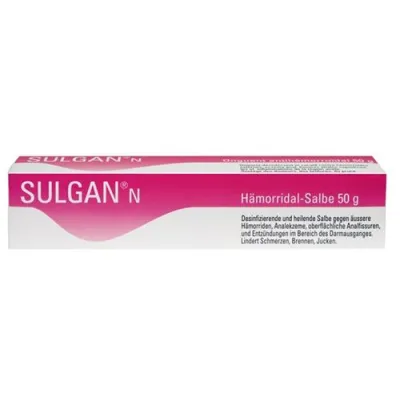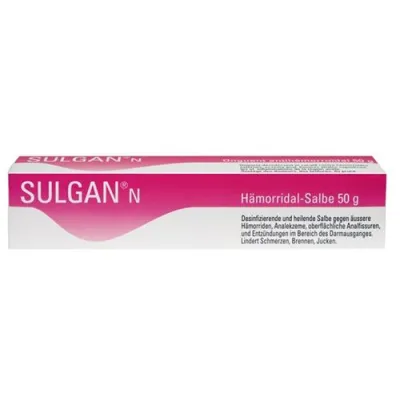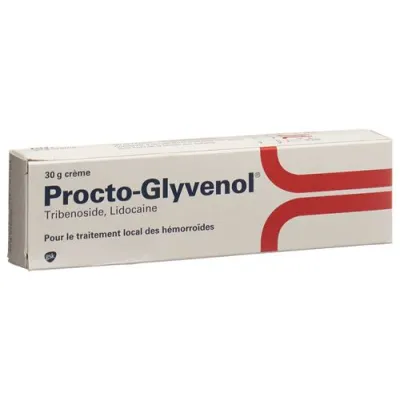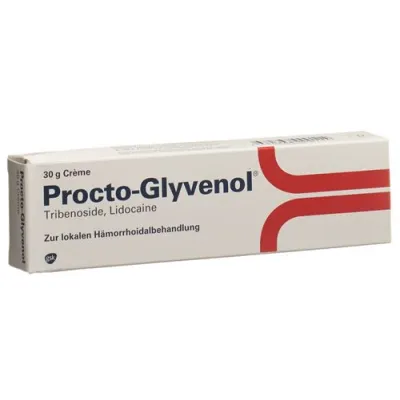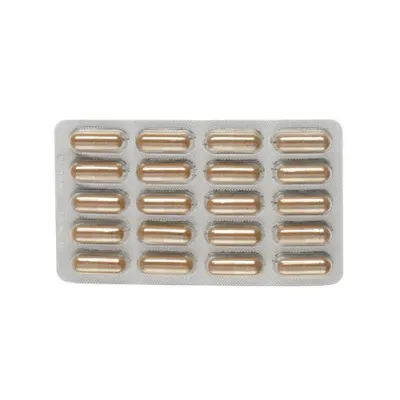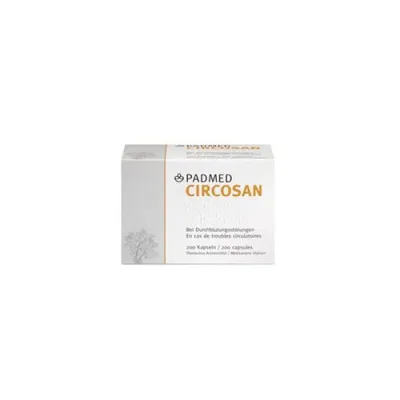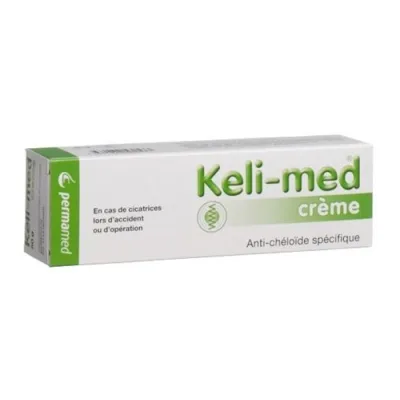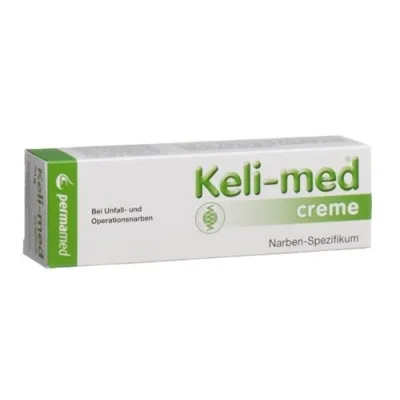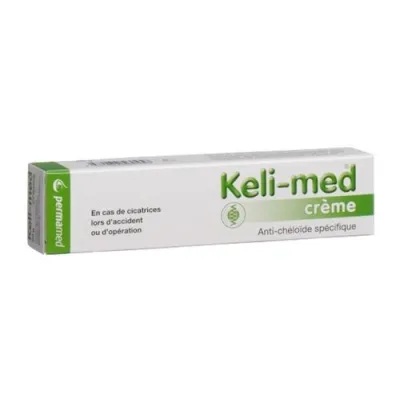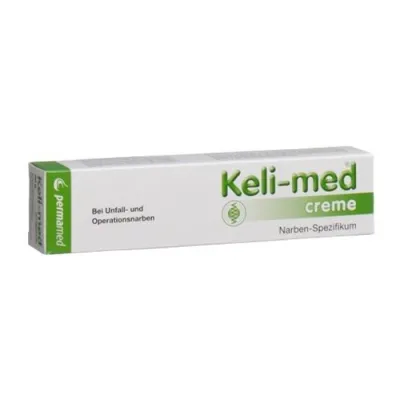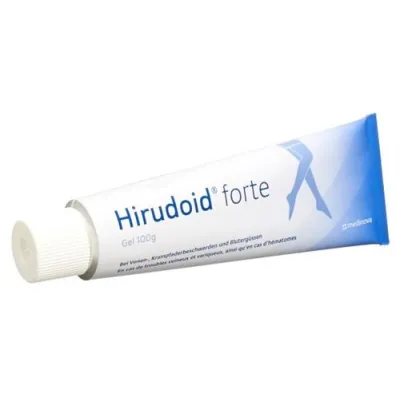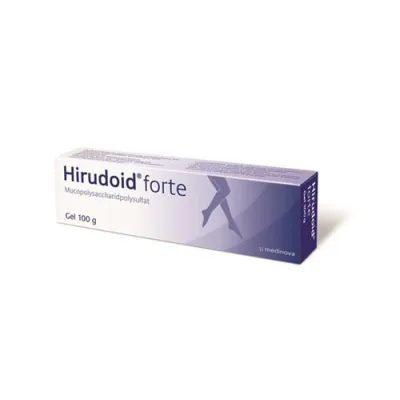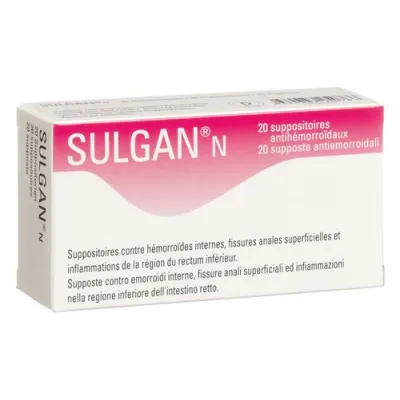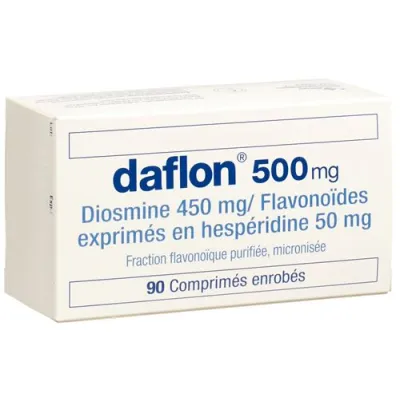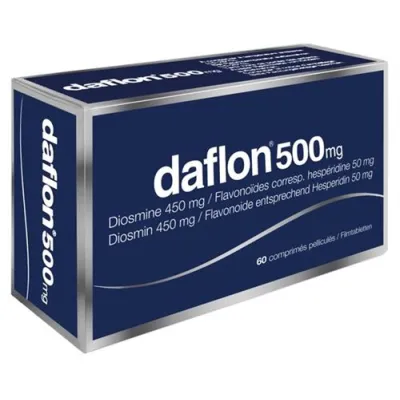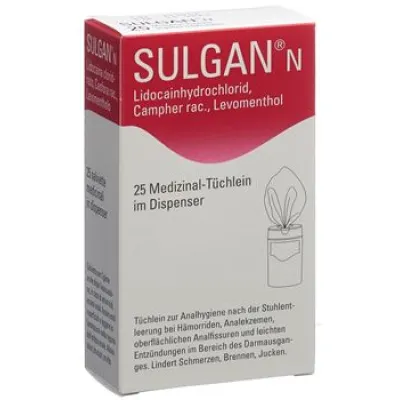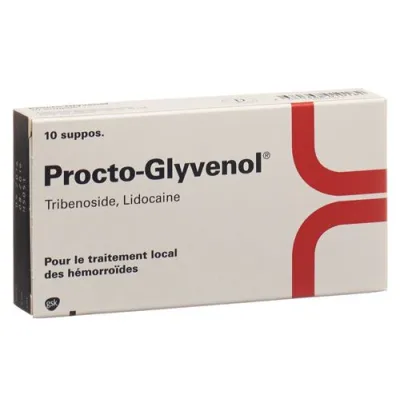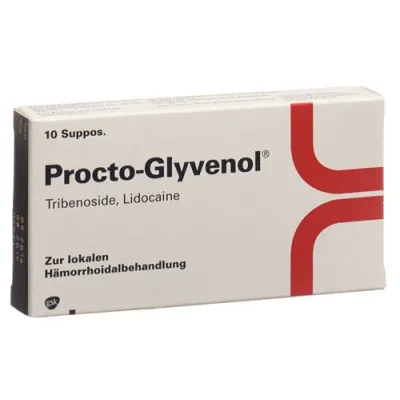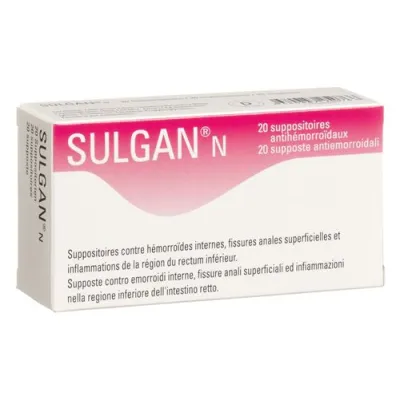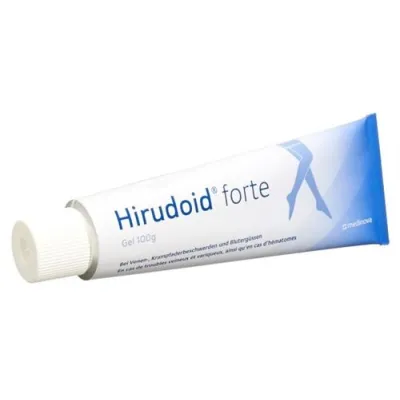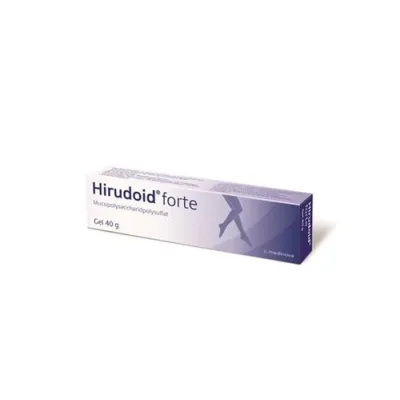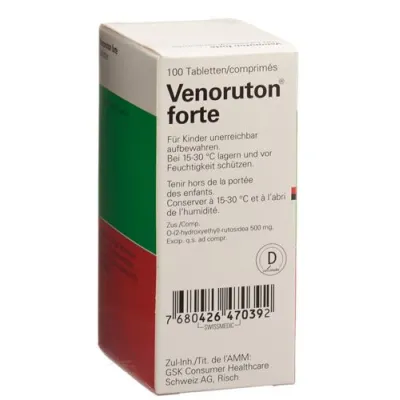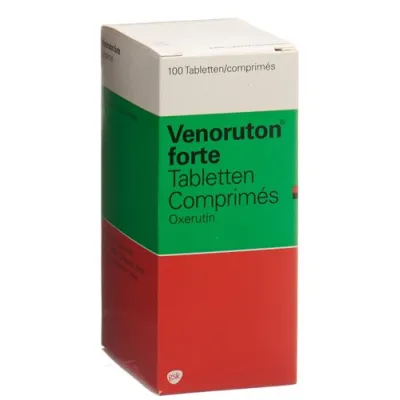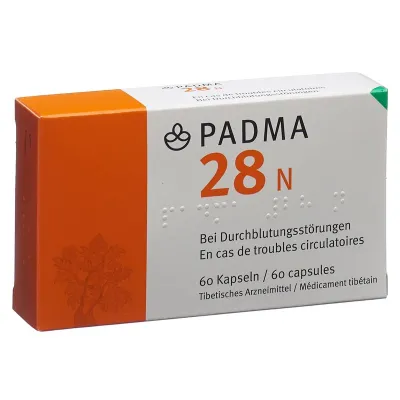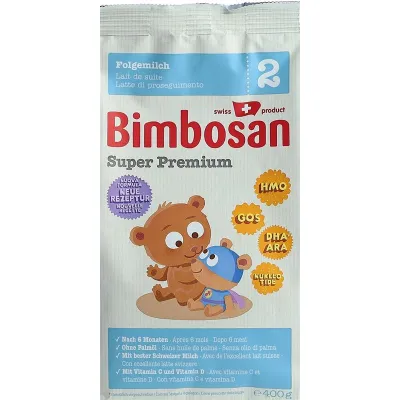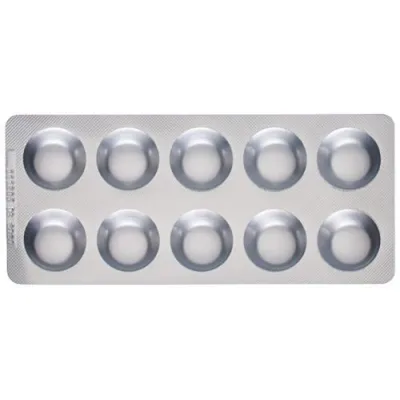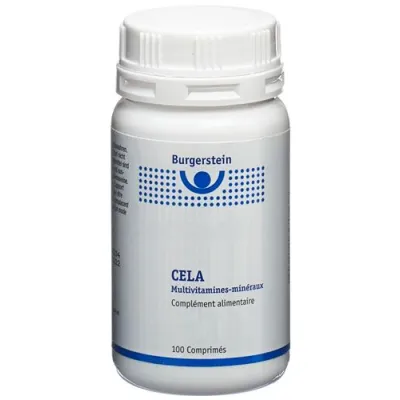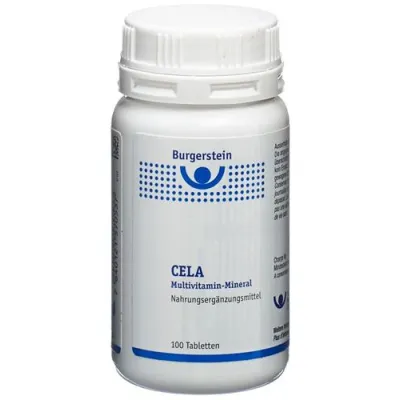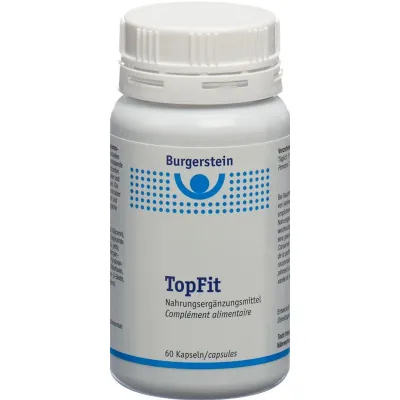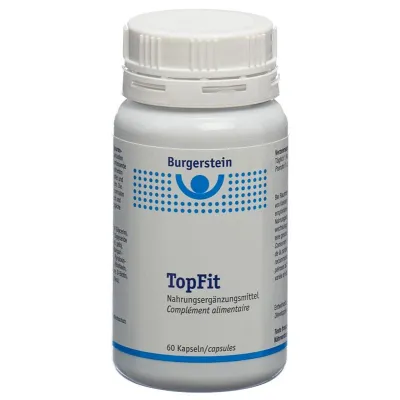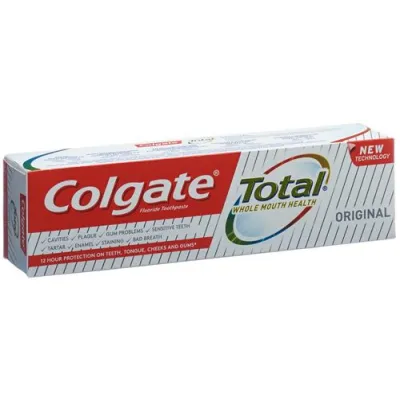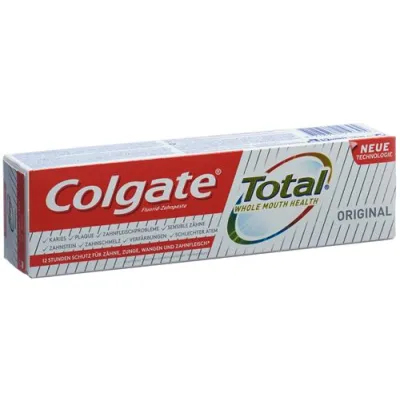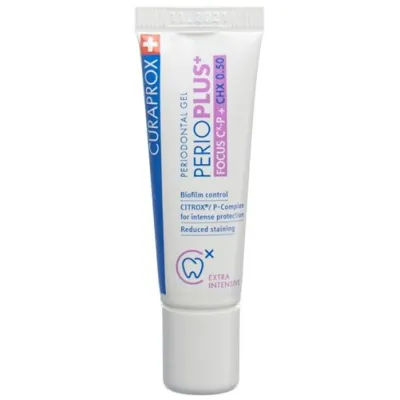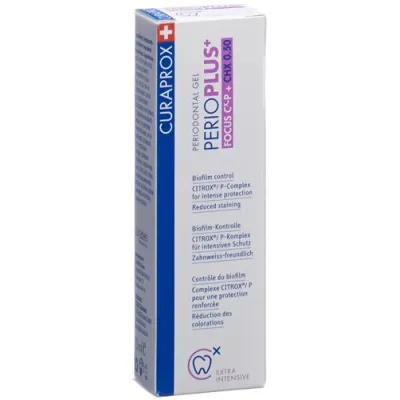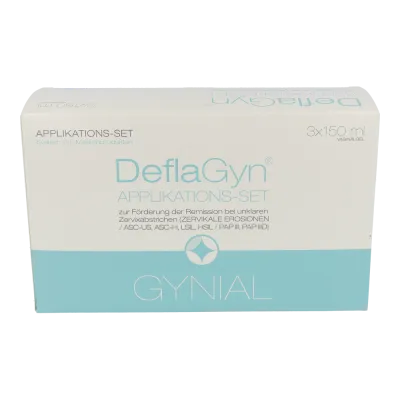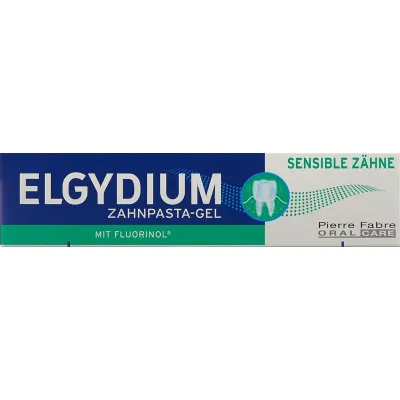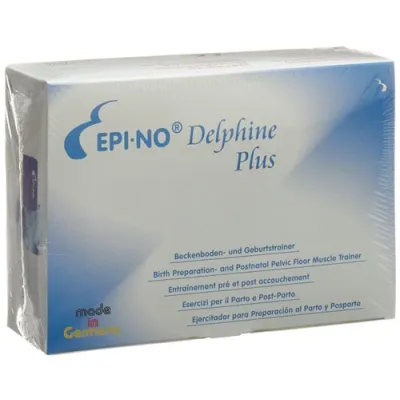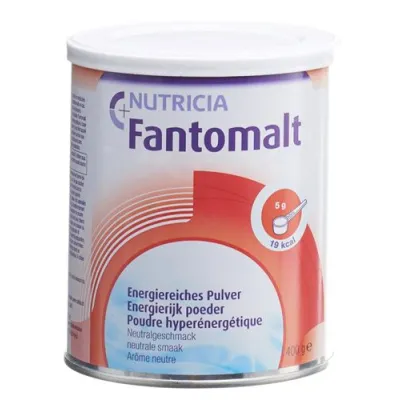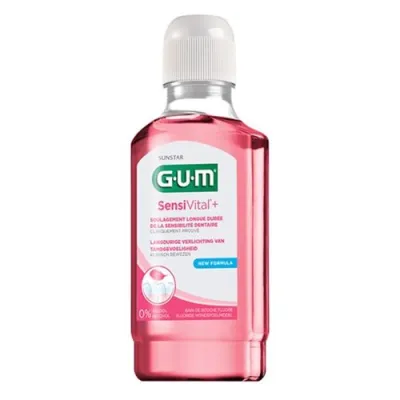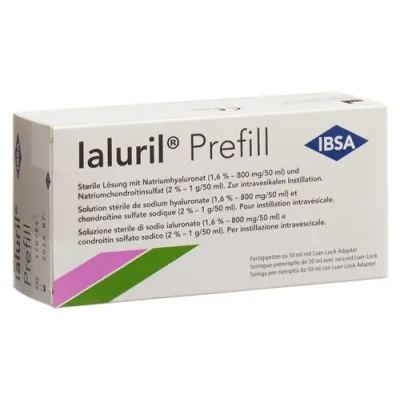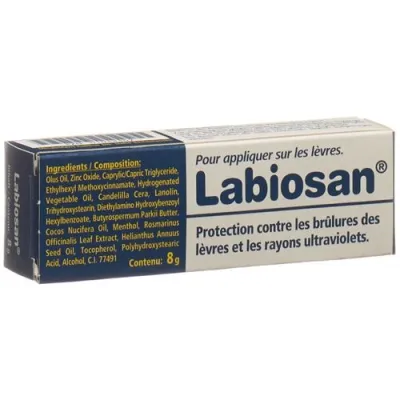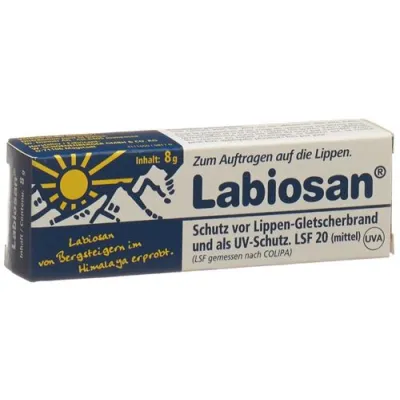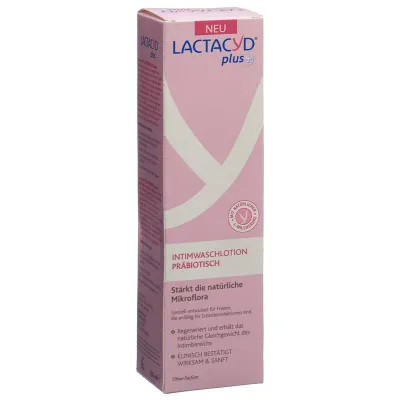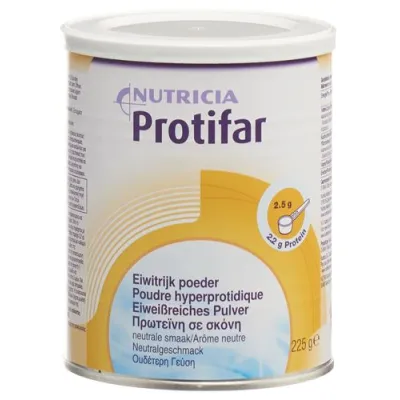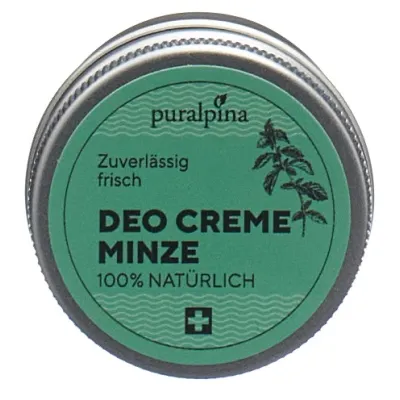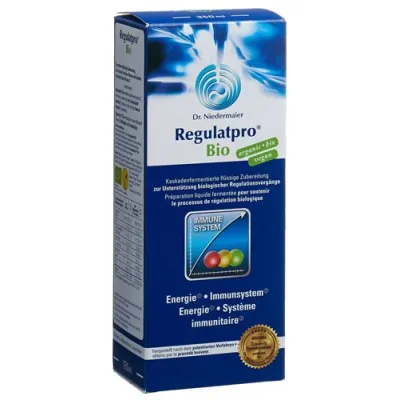Cardiovascular System
(3 Pages)
Refine Search
Sulgan-N ointment 30 g
Sulgan-N is a medicine for the local treatment of hemorrhoids. Hemorrhoids are varicose veins in the..
40,50 USD
Sulgan-N ointment 50 g
What is Sulgan-N Ointment and when is it used?Sulgan-N Ointment is a medicine for the local treatmen..
66,14 USD
Procto-Glyvenol Cream 5% tube 30 g
What is Procto-Glyvenol and when is it used? Procto-Glyvenol, rectal cream is used for the local tr..
42,36 USD
Padded circosan caps 200 pcs
PADMED CIRCOSAN N helps with circulatory disorders with symptoms such as hands and feet going to sle..
142,11 USD
Keli-Med Cream tube 50 g
Keli-Med Creme Tb 50 g Keli-Med Creme Tb 50 g Keli-Med Creme Tb 50 g is an excellent cream for t..
68,07 USD
Keli-Med Cream tube 20 g
Keli-Med Creme Tb 20 g Keli-Med Creme Tb 20 g is a topical cream designed to provide relief f..
34,25 USD
Hirudoid forte Gel 4.45mg/g tube 100g
AMZV What is Hirudoid forte Gel and when is it used? Hirudoid forte Gel contains the active ingredie..
101,32 USD
Sulgan-N Supp 10 pcs
Sulgan-N is a medicine for the local treatment of hemorrhoids. Hemorrhoids are varicose veins in the..
45,21 USD
Daflon film-coated tablets 500 mg 60 pcs
Daflon 500 mg contains substances with strengthening and protective properties that have a beneficia..
71,69 USD
Sulgan-N medical wipes in dispenser 25 pcs
Sulgan-N is a medicine for the local treatment of hemorrhoids. Hemorrhoids are varicose veins in the..
59,55 USD
Procto-Glyvenol 400 mg 10 suppositories
What is Procto-Glyvenol and when is it used?Procto-Glyvenol, rectal cream is used for the local trea..
51,23 USD
Sulgan-N Supp 20 pcs
Sulgan-N is a medicine for the local treatment of hemorrhoids. Hemorrhoids are varicose veins in the..
65,90 USD
Hirudoid forte Gel 4.45mg/g tube 40g
Hirudoid forte gel contains the active ingredient heparinoid MPS (chondroitin polysulphate). MPS is ..
52,58 USD
Venoruton forte tablets 500 mg 100 pcs
Venoruton forte contains O-(β-hydroxyethyl)-rutoside, which contributes to the normalization of the ..
116,58 USD
Padma 28 N 540 capsules
When is Padma 28 N used? According to the therapeutic principles of Tibetan medicine, Padma 28 N ca..
370,10 USD
(3 Pages)
Bestsellers
The cardiovascular system is responsible for delivering oxygen and nutrients throughout the body. The heart is the primary organ of the cardiovascular system, and it pumps blood through the arteries and veins. Cardiac therapy is the use of medication to treat various cardiovascular conditions, including hypertension, heart failure, and arrhythmias. There are several classes of drugs used in cardiac therapy, and each works in a different way to help manage these conditions.
Diuretics are a type of medication that helps reduce fluid buildup in the body, which can be helpful for treating heart failure and hypertension. These medications work by increasing urine production, which helps reduce the amount of fluid in the body. Beta-blockers are another class of medication used in cardiac therapy. These medications work by blocking the effects of adrenaline on the heart, which can help reduce heart rate and blood pressure. Beta-blockers are commonly used to treat hypertension, angina, and heart failure. Calcium channel blockers are another class of medication used in cardiac therapy. These medications work by blocking the entry of calcium into the heart and blood vessels, which can help reduce heart rate and blood pressure.
ACE inhibitors are a type of medication used to treat hypertension and heart failure. These medications work by blocking the production of angiotensin II, a hormone that can increase blood pressure and cause the heart to work harder. Also, agents that affect lipid metabolism are used in cardiac therapy to control cholesterol levels and reduce the risk of heart disease. Lipids are a type of fat that can build up in the arteries and increase the risk of heart attack or stroke. There are several classes of drugs that can be used to control lipid levels, including statins, fibrates, bile acid sequestrants.
Statins are one of the most common classes of drugs used to control lipid levels. They work by blocking an enzyme in the liver that is responsible for making cholesterol. This leads to lower levels of total cholesterol and LDL cholesterol, also known as "bad" cholesterol. Fibrates are another class of agents used to control lipid levels. They work by activating a receptor in the liver that increases the breakdown and removal of triglycerides from the bloodstream. This leads to a decrease in triglycerides and an increase in HDL cholesterol, also known as "good" cholesterol.
Bile acid sequestrants are a type of agent that work by binding to bile acids in the intestines. This prevents bile acids from being reabsorbed into the blood, prompting the liver to make more bile acids from cholesterol. This leads to a decrease in total cholesterol and LDL cholesterol.
In addition to medication, lifestyle changes such as diet and exercise can also help manage cardiovascular conditions. It is essential to work closely with a healthcare provider to develop a comprehensive treatment plan that includes medication, lifestyle changes, and regular monitoring of cardiovascular health. Regular check-ups and monitoring of blood pressure, cholesterol, and other factors can help detect and manage cardiovascular conditions before they become more severe.

